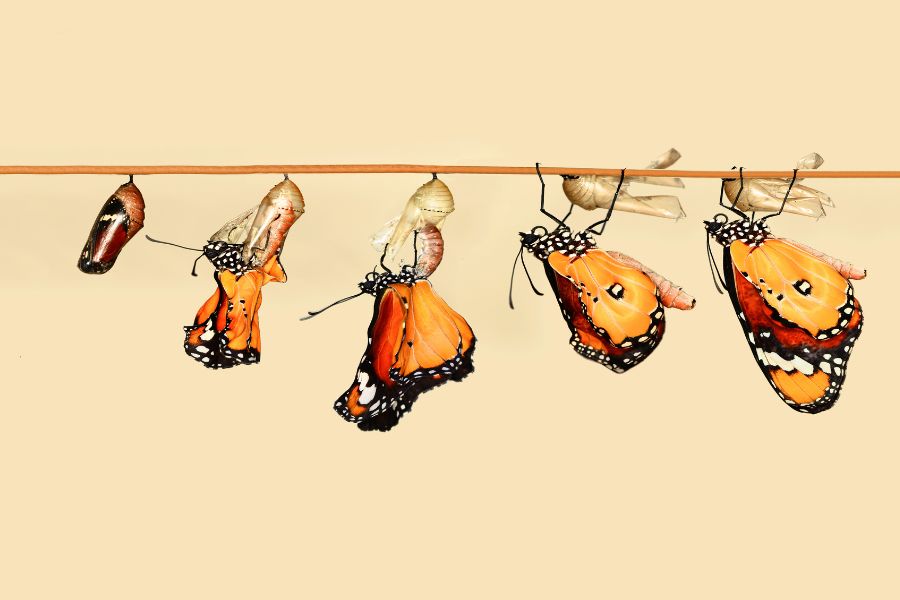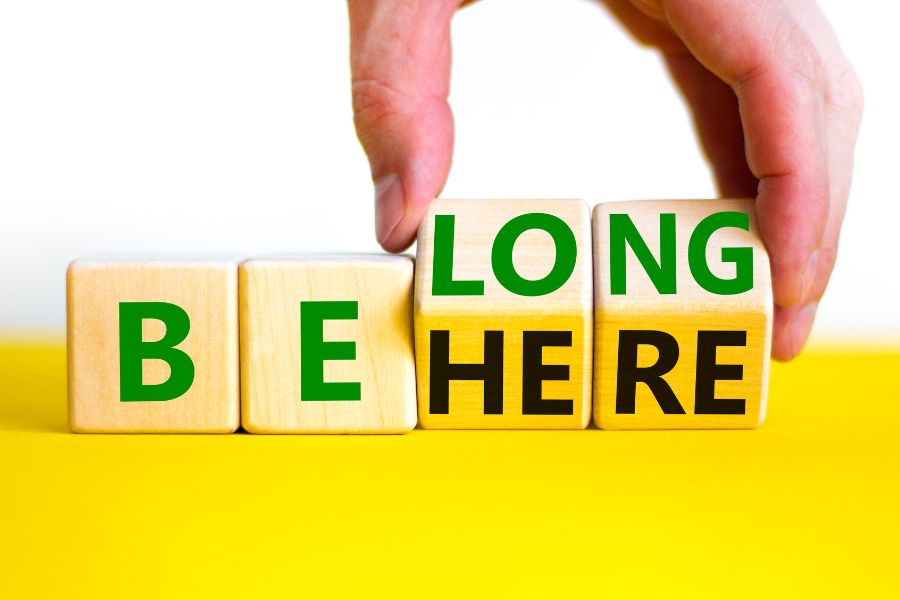Failure has a way of humbling you. It strips away illusions, reminds you that you are still in the process of becoming, and keeps your feet on the ground. Above all, it builds character.
This is the first time I’m sharing my journey as a social entrepreneur—the honest, unfiltered experiences of my failures. And not just the past ones, but the ones I am still going through. Because failure isn’t just something you “get past.” It’s something you live with. It’s something that shapes you.
I’ve learned that embracing failure takes courage—especially when you’re leading a social cause. The courage to acknowledge where you’ve fallen short. The courage to ask for help. The courage to keep going when every logical voice in your head tells you to stop.
So here are five failures that have shaped me, tested me, and in many ways, redefined me.
1. Thinking Passion Was Enough
I used to believe that passion alone could carry a vision forward. That if I cared deeply enough, worked hard enough, and poured my heart into it, success would follow.
Reality doesn’t work that way. Passion without strategy is just fuel without a vehicle. It burns fast, but it doesn’t take you anywhere. I had to learn that building something meaningful—especially in the social space—requires more than just heart. It requires structure, execution, and systems that allow sustainability.
What It Taught Me:
Passion is the starting point, not the entire journey. Purpose-driven work must be backed by a solid foundation—strategy, adaptability, and clear execution. Without it, even the best ideas remain just ideas.
2. Believing People Would Care as Much as I Do
When you start something that feels deeply personal, you assume others will feel the same intensity. But the truth is, nobody will care as much as you do—not in the beginning. People have their own lives, their own priorities. Convincing them to care, to invest, to participate is a long game.
I failed at this in many ways. I expected too much, too soon. I didn’t realize that people don’t just support an idea—they support people. They support trust. And trust is built over time.
What It Taught Me:
Leadership is not about demanding belief from others; it’s about consistently showing up, proving yourself, and earning trust. The more I focused on creating real value and showing up authentically, the more people resonated with the work.
3. Underestimating the Power of Money
In the world of social impact, there’s often a mindset that money is secondary. That if your cause is strong enough, support will come. I believed that too.
But I’ve learned the hard way that money is not the enemy of purpose—it’s the vehicle that drives it. Without financial sustainability, even the best ideas collapse. I’ve had projects fall apart, initiatives stall, and dreams put on hold—not because they weren’t good, but because they weren’t financially sustainable.
What It Taught Me:
Money is energy. It is neither good nor bad—it is simply a resource that needs to be managed well. A strong mission must be supported by financial sustainability, or it won’t survive long enough to create real impact.
4. Not Asking for Help Early Enough
There’s a certain pride in figuring things out on your own. I had it. And it cost me.
I spent too much time struggling in silence, thinking that asking for help was a sign of weakness or incompetence. But the reality is, no one builds anything alone. The best leaders, the best entrepreneurs, the best creators—they all seek guidance, mentorship, and support.
The moment I started reaching out, admitting what I didn’t know, and learning from people who had walked this path before me, everything shifted. It’s still a work in progress, but I now know that strength isn’t in doing it all yourself—it’s in knowing when to ask for help.
What It Taught Me:
Humility is a superpower. The sooner you realize you don’t have all the answers, the faster you grow. Being open to learning, guidance, and collaboration is what accelerates both personal and professional success.
5. Attaching My Identity to Outcomes
For a long time, I measured my worth by my successes and failures. If something worked, I felt validated. If something collapsed, I took it personally.
But failure does not define who you are. And neither does success.
The real challenge is to detach from the outcome while staying deeply committed to the work. To pour yourself into what you do without letting it determine your sense of self. Because at the end of the day, you are not your failures. You are not your successes. You are the person who keeps showing up.
What It Taught Me:
I’ve learned to invest deeply in the process rather than obsessing over the outcome. I no longer chase a fixed idea of success; I trust that things will unfold as they are meant to. This has made the journey itself fulfilling, rather than just the results.
Failure Is the Path, Not the Obstacle
Failure has shaped me in ways I never expected.
- It has made me humble. It has kept me grounded and authentic to who I am.
- It has taught me to move like a river—always finding a path forward, adapting to obstacles instead of seeing them as endings.
- It has built resilience, strength, and courage that I would have never found without the struggles.
- It has detached me from rigid outcomes and taught me to embrace the journey, trusting that success may look different than I once imagined.
I’ve realized that failure isn’t the opposite of success. It’s the path to it.
And the only real failure? Stopping.
















